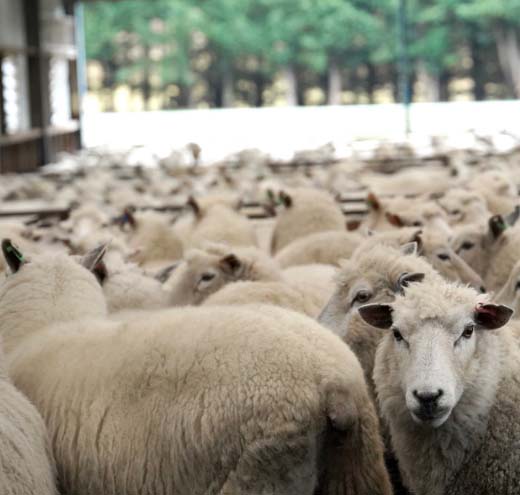Wool Integrity Animal Welfare Assurance
All Wool Integrity wool growers have NZFAP certification to ensure a high level of animal welfare and complete traceability. The NZFAP program is independently audited by QCONZ which is JAS-ANZ accredited and ISO certified. Wool Growers are audited 3-yearly, ensuring they:
- Adhere to the animal welfare Five Freedoms,
- Have the knowledge to ensure animal health and welfare,
- Have infrastructure that is maintained and operated accordingly to minimise distress and injury to animals,
- Have an Animal Health Plan that is reviewed annually, and
- Ensure all sheep have sufficient food, water, nutrients and shelter.
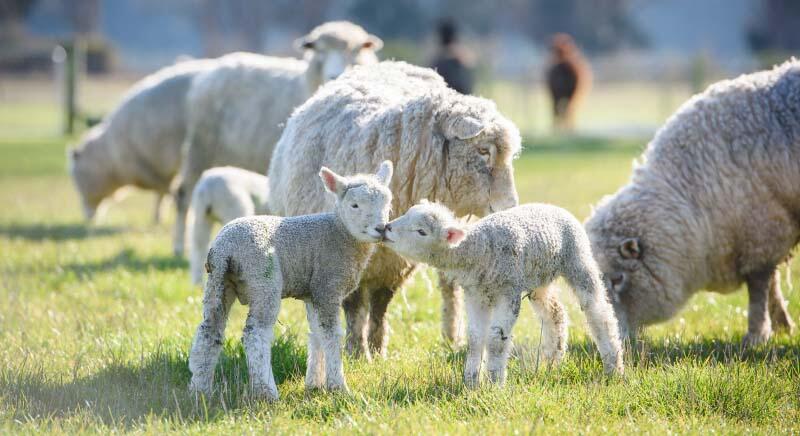
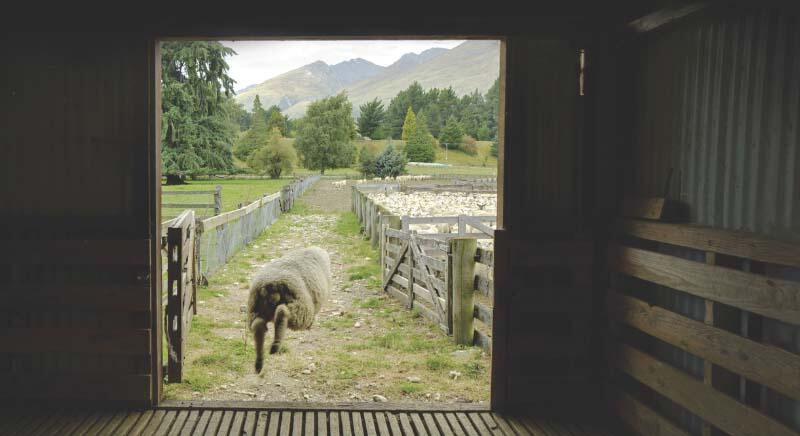
The Five Freedoms
The World Organization for Animal Health established the ‘Five Freedoms’ for the care of animals internationally. The Five Freedoms is a founding principle of the Wool Integrity certification:
- Freedom from hunger, malnutrition and thirst
- Freedom from fear and distress
- Freedom from physical and thermal discomfort
- Freedom from pain, injury and disease
- Freedom to express normal patterns of behaviour
Non-mulesed Fibre
Mulesing is the surgical process of removing the hind skin of sheep when it is a lamb to reduce the occurrence of flystrike. New Zealand was the first country in the world to ban the practice of mulesing sheep in 2018. Wool Integrity fibre has been non-mulesed since the certification’s inception in 2015.
New Zealand’s Animal Welfare Policies
Rules and regulations around animal welfare are closely managed by New Zealand’s Ministry of Primary Industries within the New Zealand government. The policies and laws around animal welfare are set by two independent ministerial advisory committees: the National Animal Welfare Advisory Committee and the National Animal Ethics Advisory Committee.
The New Zealand Animal Welfare Act 1999 goes beyond simply preventing cruelty and ensures people have a duty of care to responsibly meet animal needs.
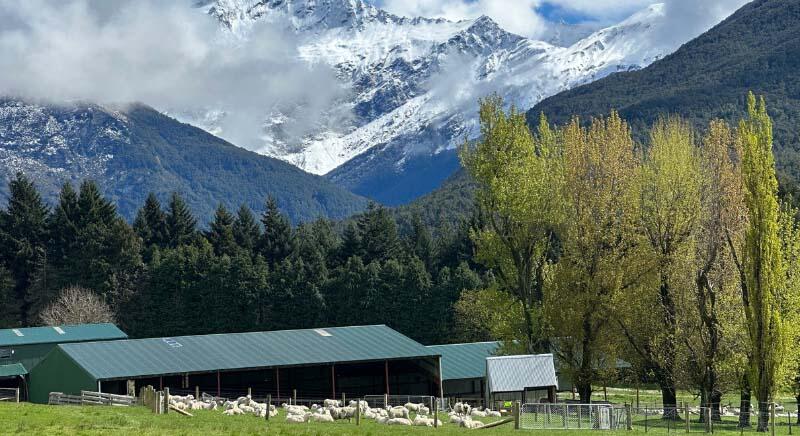
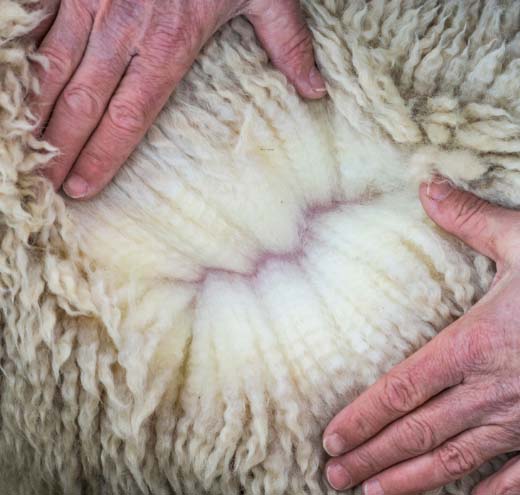
Learn About Wool
Discover Wool Benefits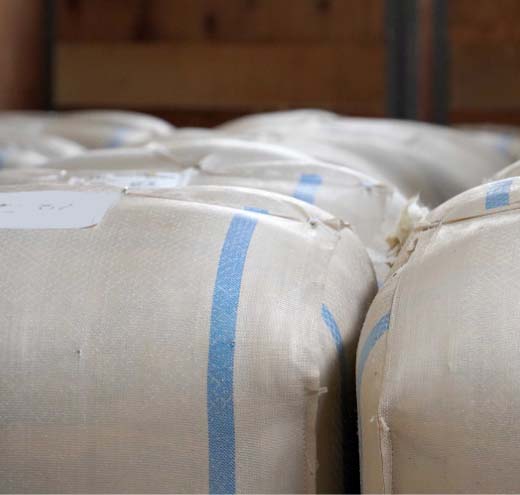
Stories
Read Partnership Profiles